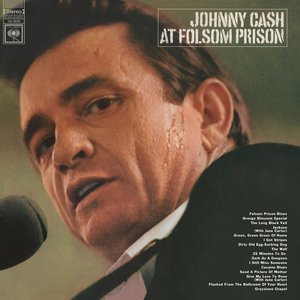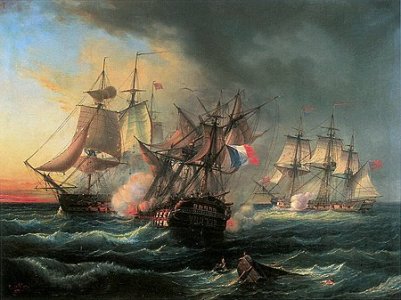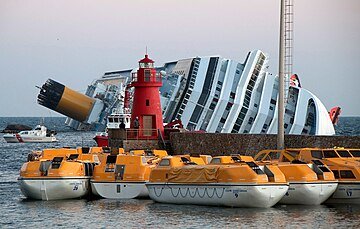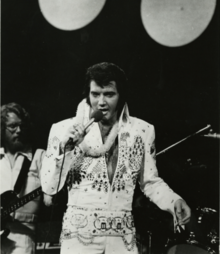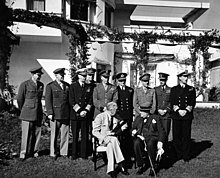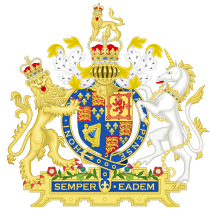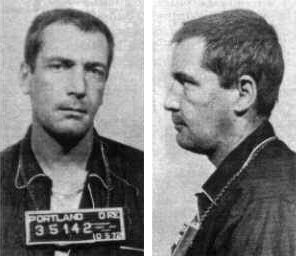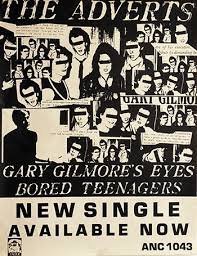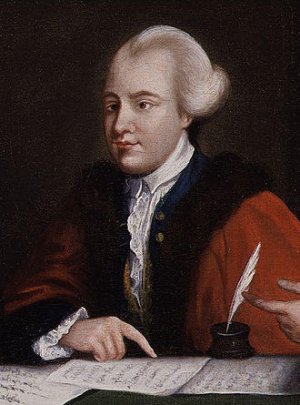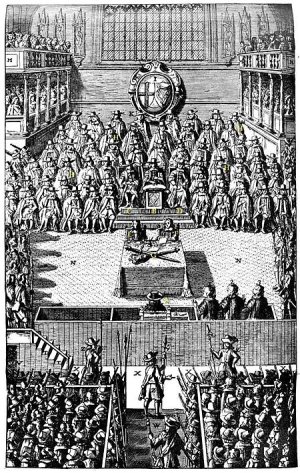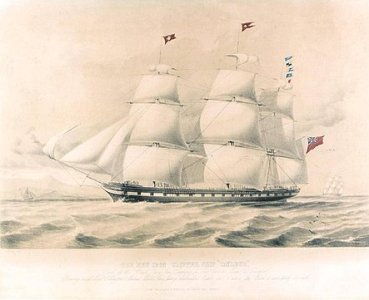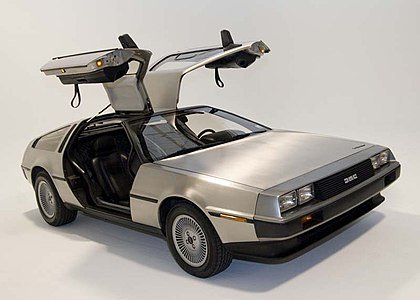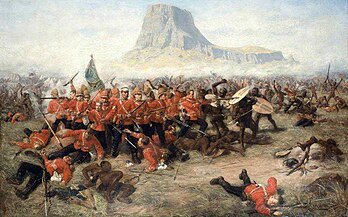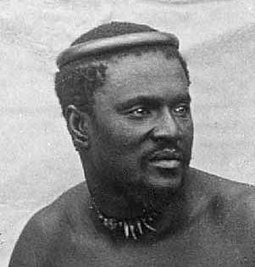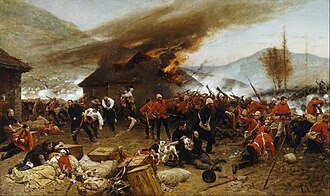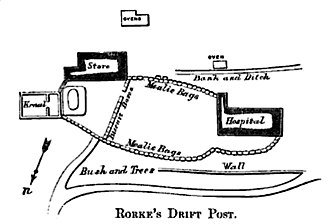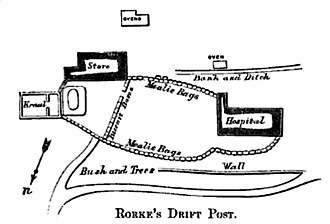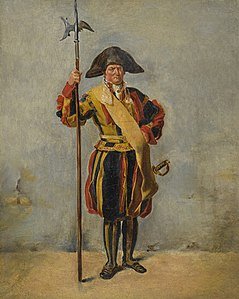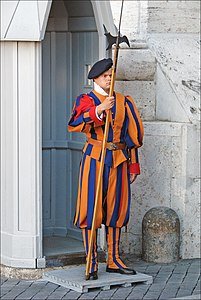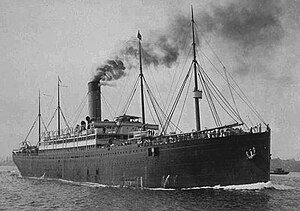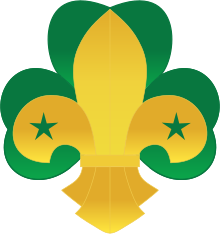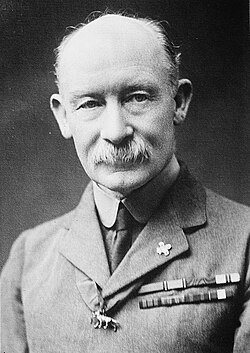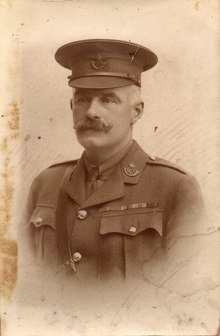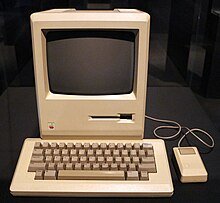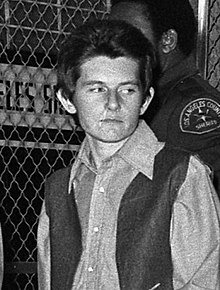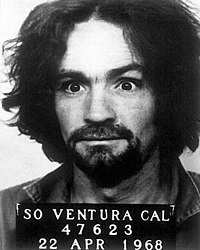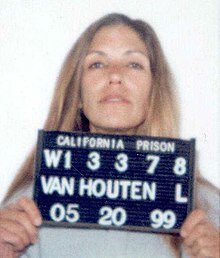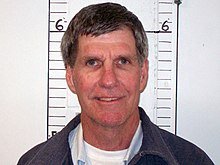darlowolf64
Supply Teacher & 2020/21 PTG Intertoto Cup winner
- Joined
- Jan 15, 2010
- Messages
- 31,060
- Reaction score
- 3,845
12th January
1918 – The Minnie Pit Disaster coal mining accident occurs in Halmer End, Staffordshire
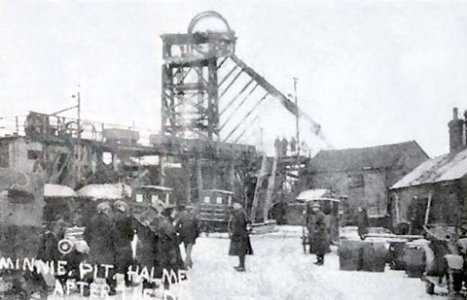
The Minnie Pit disaster was a coal mining accident that took place on 12 January 1918 in Halmer End, Staffordshire, in which 155 men and boys died. The disaster, which was caused by an explosion due to firedamp, is the worst ever recorded in the North Staffordshire Coalfield. An official investigation never established what caused the ignition of flammable gases in the pit.
On Saturday, 12 January 1918, 248 men and boys were working underground when a huge explosion tore apart the Bullhurst and Banbury Seams. Within minutes 155 workers died from the effects of the explosion, roof falls, or inhaling poisonous gases. Rescue teams from across the North Staffordshire Coalfield were quickly mobilised to search for survivors. During the rescue attempts, Hugh Doorbar, Captain of the Birchenwood Colliery No. 1 rescue team, was killed in the operation. His death brought the final death toll to 156; 44 of the dead were boys aged under 16.
The explosions caused severe damage to the underground workings. Large sections of the pit had collapsed and methane remained an ongoing problem. Search and recovery teams were at all times aware that further roof falls or explosions might occur. It took 18 months to recover all the bodies from the pit.
Also on 12th January...
1808 – The organizational meeting leading to the creation of the Wernerian Natural History Society, a former Scottish learned society, is held in Edinburgh.
1848 – The Palermo rising takes place in Sicily against the Bourbon Kingdom of the Two Sicilies.
1866 – The Royal Aeronautical Society is formed in London.
1895 – The National Trust is founded in the United Kingdom.
1915 – The United States House of Representatives rejects a proposal to require states to give women the right to vote.
1916 – Both Oswald Boelcke and Max Immelmann, for achieving eight aerial victories each over Allied aircraft, receive the German Empire's highest military award, the Pour le Mérite as the first German aviators to earn it.
1932 – Hattie Caraway becomes the first woman elected to the United States Senate.
1962 – Vietnam War: Operation Chopper, the first American combat mission in the war, takes place.
1967 – Dr. James Bedford becomes the first person to be cryonically preserved with intent of future resuscitation.
1986 – Space Shuttle program: Congressman and future NASA Administrator Bill Nelson lifts off from Kennedy Space Center aboard Columbia on mission STS-61-C as a payload specialist.
1991 – Persian Gulf War: An act of the U.S. Congress authorizes the use of American military force to drive Iraq out of Kuwait.
1997 – Space Shuttle program: Atlantis launches from the Kennedy Space Center on mission STS-81 to the Russian space station Mir, carrying astronaut Jerry M. Linenger for a four-month stay on board the station, replacing astronaut John E. Blaha.
2004 – The world's largest ocean liner, RMS Queen Mary 2, makes its maiden voyage.
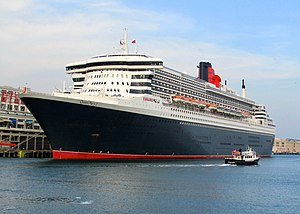
1918 – The Minnie Pit Disaster coal mining accident occurs in Halmer End, Staffordshire

The Minnie Pit disaster was a coal mining accident that took place on 12 January 1918 in Halmer End, Staffordshire, in which 155 men and boys died. The disaster, which was caused by an explosion due to firedamp, is the worst ever recorded in the North Staffordshire Coalfield. An official investigation never established what caused the ignition of flammable gases in the pit.
On Saturday, 12 January 1918, 248 men and boys were working underground when a huge explosion tore apart the Bullhurst and Banbury Seams. Within minutes 155 workers died from the effects of the explosion, roof falls, or inhaling poisonous gases. Rescue teams from across the North Staffordshire Coalfield were quickly mobilised to search for survivors. During the rescue attempts, Hugh Doorbar, Captain of the Birchenwood Colliery No. 1 rescue team, was killed in the operation. His death brought the final death toll to 156; 44 of the dead were boys aged under 16.
The explosions caused severe damage to the underground workings. Large sections of the pit had collapsed and methane remained an ongoing problem. Search and recovery teams were at all times aware that further roof falls or explosions might occur. It took 18 months to recover all the bodies from the pit.
Also on 12th January...
1808 – The organizational meeting leading to the creation of the Wernerian Natural History Society, a former Scottish learned society, is held in Edinburgh.
1848 – The Palermo rising takes place in Sicily against the Bourbon Kingdom of the Two Sicilies.
1866 – The Royal Aeronautical Society is formed in London.
1895 – The National Trust is founded in the United Kingdom.
1915 – The United States House of Representatives rejects a proposal to require states to give women the right to vote.
1916 – Both Oswald Boelcke and Max Immelmann, for achieving eight aerial victories each over Allied aircraft, receive the German Empire's highest military award, the Pour le Mérite as the first German aviators to earn it.
1932 – Hattie Caraway becomes the first woman elected to the United States Senate.
1962 – Vietnam War: Operation Chopper, the first American combat mission in the war, takes place.
1967 – Dr. James Bedford becomes the first person to be cryonically preserved with intent of future resuscitation.
1986 – Space Shuttle program: Congressman and future NASA Administrator Bill Nelson lifts off from Kennedy Space Center aboard Columbia on mission STS-61-C as a payload specialist.
1991 – Persian Gulf War: An act of the U.S. Congress authorizes the use of American military force to drive Iraq out of Kuwait.
1997 – Space Shuttle program: Atlantis launches from the Kennedy Space Center on mission STS-81 to the Russian space station Mir, carrying astronaut Jerry M. Linenger for a four-month stay on board the station, replacing astronaut John E. Blaha.
2004 – The world's largest ocean liner, RMS Queen Mary 2, makes its maiden voyage.


